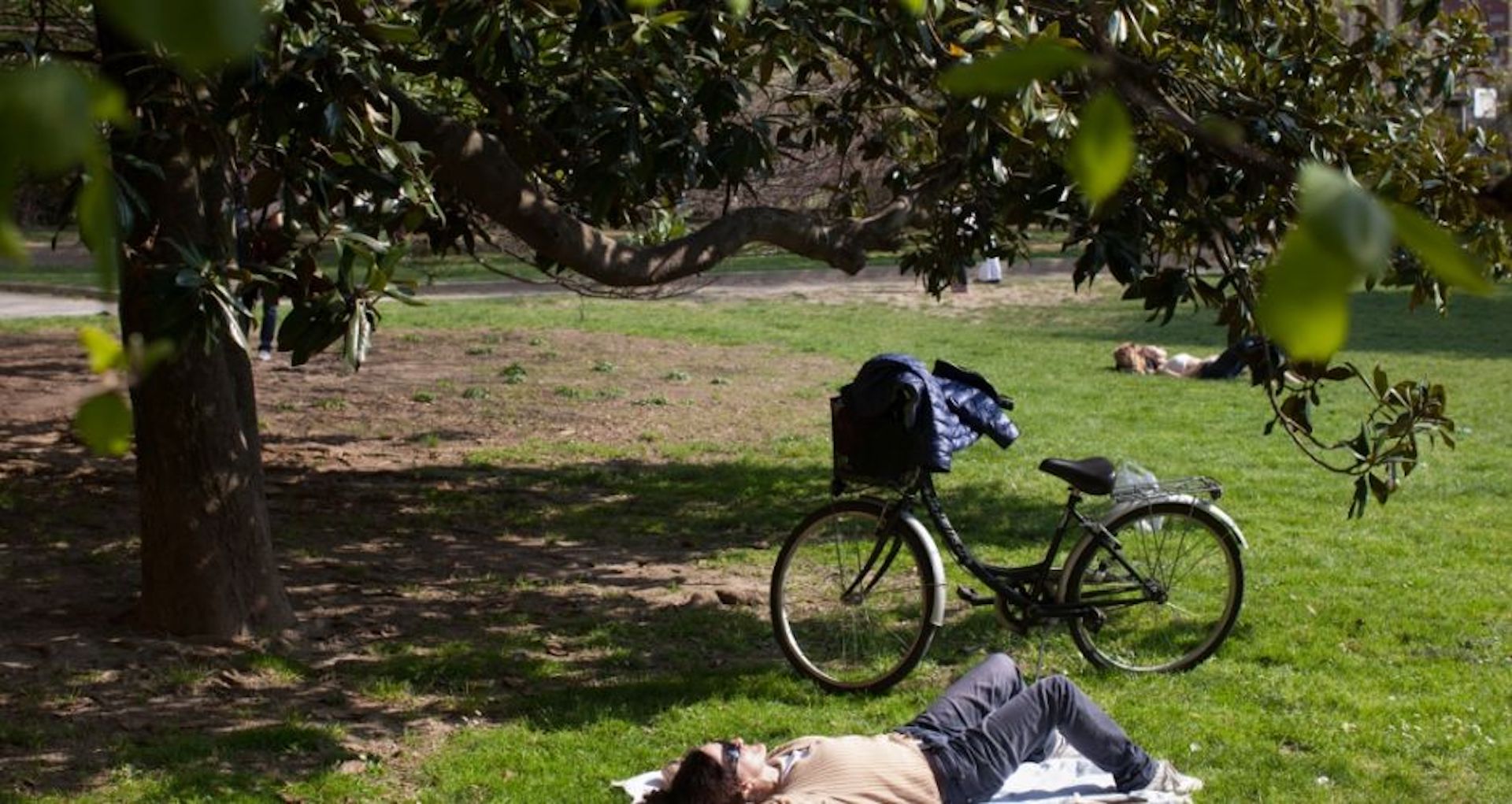When I was a yoga teacher a while back I ran an early morning (5:30am) class of physically intense, ‘dynamic’ yoga. I also ran a restorative, ‘quiet’ yoga class later in the day. The dynamic yoga classes were booked out. The restorative ones struggled to get people through the door.
It made me wonder what was going on with our societal obsession with valuing effort, achievement, and the perceived immorality of anything looking remotely like ‘wasting’ time.
We live in an increasingly fast-paced world, with 24/7 connections to global news, social events, and even sometimes our work environment.
What are the consequences of social pressure to constantly be productive and efficient and incessantly strive to reach our goals? Look at the current rates of work-related stress disorders and burnout, and it’s easy to conclude that modern day life and the demands of work are exhausting and taking their toll on our health and wellbeing!
We do need to invest effort to meet our work demands, which by the very nature of demands, costs us in terms of physical and psychological energy expenditure - sometimes even depleting our reserves. So how do we effectively recover from these stresses and replenish our resources?
Is Sleep Enough?
Sleep matters. A lot. It’s essential for good health – for things like maintaining positive mood, memory, cognitive capacity and proper functioning of the immune system. Fortunately it seems that we are starting to acknowledge its importance and make time for sleep in our busy lives. Not that sleep is always as rejuvenating as we might expect it to be. Who hasn’t had a long night’s sleep and woken up still feeling fatigued? It seems we need more than just sleep to refresh and repair our energy resources.
Let’s talk about the concept of recovery - the process of building back up the psychological and physical resources that we’ve used up at work.
Re-charging the Battery
In thinking about how we spend our non-work time, what activities best support recovery from work efforts and replenish our resources?
Is it the low-effort ones like reading or watching TV? Or physically demanding things like an intense boot camp or 10k run? Perhaps something social and fun like Friday night drinks with your besties?
The answer, like the answer to all good questions about human behaviour is – it depends. As long as some basic features are met, your personal preferences are going to make the difference as to whether it’s a good recovery experience or not.
Perhaps the most important underlying aspect of an effective recovery experience is that you psychologically detach from work. You can spend your holiday a million miles away from your workplace but if your mind is fixated on figuring out how you are going to juggle your five existing projects and still have time to drive that extra-curricular initiative your boss has ‘suggested’ you lead, you’re not going to feel particularly rejuvenated on your return to work. Because you didn’t mentally really leave.
According to research (see for example Sonnentag & Fritz, 2007), in addition to psychological detachment, the other three basic attributes of effective recovery experiences are:
- Mastery: challenging experiences (but not over-taxing) that might offer learning opportunities e.g. climbing that mountain or learning a new language
- Relaxation: unwinding and restful activities for the body and mind
- Control: choosing how we spend our time – how and when we pursue an activity
Where does that leave the people who sweat and gasp for breath at their local gym’s ‘Tokyo Attack’ class at 5:45pm on a Friday night? Ok – I put my hand up for this one this week!
Exhausting the body can get the brain to a quiet place. It can be a rapid way to ‘switch the mind off’. For some of us, this provides a pathway to a restful state. So maybe those ‘dynamic’ yoga devotees of mine knew something about their own needs after all!
Recovery Suggestions
At an organisational level
- Schedule work demands in work time and make sure they don’t spillover and encroach on non-work time (I know – 101 right?)
- Leaders and managers model behaviours e.g. not available and not contacting employees (including sending emails) during non-work time
- Facilitate a work culture that values positive psychological and physical health, and family
At an individual level
- Switch off from work in non-work time. Literally. Turn your work phone off and resist the urge to check your emails
- Experiment with different types and combinations of leisure activities (see the basic attributes above) to work out what’s most enjoyable and effective for you
- Make time during non-work for activities that are different from work tasks e.g. If your job requires complex cognitive activity, spend some non-work time doing low-effort cognitive activities (or vice versa) and likewise if you have a physically demanding job
What recovery experiences work best for you? Contact us for a discussion about Health & Wellbeing in the workplace.



Comment